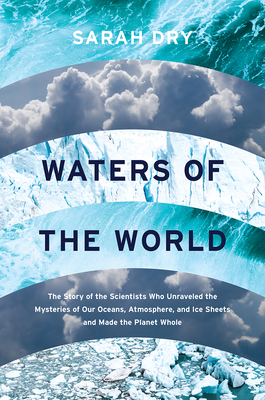Expedite your nonfiction book discovery process with Readara interviews, summaries and recommendations, Broaden your knowledge and gain insights from leading experts and scholars
In-depth, hour-long interviews with notable nonfiction authors, Gain new perspectives and ideas from the writer’s expertise and research, Valuable resource for readers and researchers
Optimize your book discovery process, Four-to eight-page summaries prepared by subject matter experts, Quickly review the book’s central messages and range of content
Books are handpicked covering a wide range of important categories and topics, Selected authors are subject experts, field professionals, or distinguished academics
Our editorial team includes books offering insights, unique views and researched-narratives in categories, Trade shows and book fairs, Book signings and in person author talks,Webinars and online events
Connect with editors and designers,Discover PR & marketing services providers, Source printers and related service providers

Waters of the World: The Story of the Scientists Who Unraveled the Mysteries of Our Oceans, Atmosphere, and Ice Sheets and Made the Planet Whole
Science > Earth Sciences - Meteorology & Climatology
- University of Chicago Press
- Hardcover
- 9780226507705
- 9.1 X 6 X 1.1 inches
- 1.35 pounds
- Science > Earth Sciences - Meteorology & Climatology
- (Single Author) Asian American
- English
Readara.com
Book Description
Linking the history of the planet with the lives of those who studied it, Sarah Dry follows the remarkable scientists who summited volcanic peaks to peer through an atmosphere's worth of water vapor, cored mile-thick ice sheets to uncover the Earth's ancient climate history, and flew inside storm clouds to understand how small changes in energy can produce both massive storms and the general circulation of the Earth's atmosphere. Each toiled on his or her own corner of the planetary puzzle. Gradually, their cumulative discoveries coalesced into a unified working theory of our planet's climate.
We now call this field climate science, and in recent years it has provoked great passions, anxieties, and warnings. But no less than the object of its study, the science of water and climate is--and always has been--evolving. By revealing the complexity of this history, Waters of the World delivers a better understanding of our planet's climate at a time when we need it the most.
Author Bio
I write about the history of science.
I am currently working on a book about the history of systems thinking. I am also a research associate on the Leverhulme-funded Making Climate History project at the University of Cambridge, where I am researching the emergence of the study of climate as an interdisciplinary science in the 1960s and 1970s, with a special focus on paleoclimatology.
My most recent is Waters of the World: The Story of the Scientists Who Unravelled the Mysteries of our Seas, Glaciers and Atmosphere–and Made the Planet Whole (Scribe UK/University of Chicago Press, 2019). It tells the stories of the scientists who have uncovered the mysteries of our oceans, atmosphere, icesheets and glaciers, and in doing so, helped us see the earth as an interconnected globe. It was awarded an inaugural Public Scholar grant from the National Endowment for the Humanities in the US in 2015.
I have also written about the history of Isaac Newton’s manuscripts, epidemics and global health policy (back in 2010 we knew a lot), and about Victorian fishermen and risk.
I studied History and Literature of America at Harvard College as an undergraduate and have an MSc from the London Centre for History of Science, Technology and Medicine (Imperial College London, UCL and the Wellcome Centre for the History of Medicine). I have a PhD from the Department of History and Philosophy of Science at the University of Cambridge, where I was a Gates Scholar, and have held research positions at the London School of Economics and STEPS Centre at the Institute for Development Studies and SPRU.
From 2016 to 2021 I was a trustee of the Science Museum Group. I am currently a trustee of The Oxford Trust.
Source: SarahDry.com
Videos








Community reviews
No Community reviews

